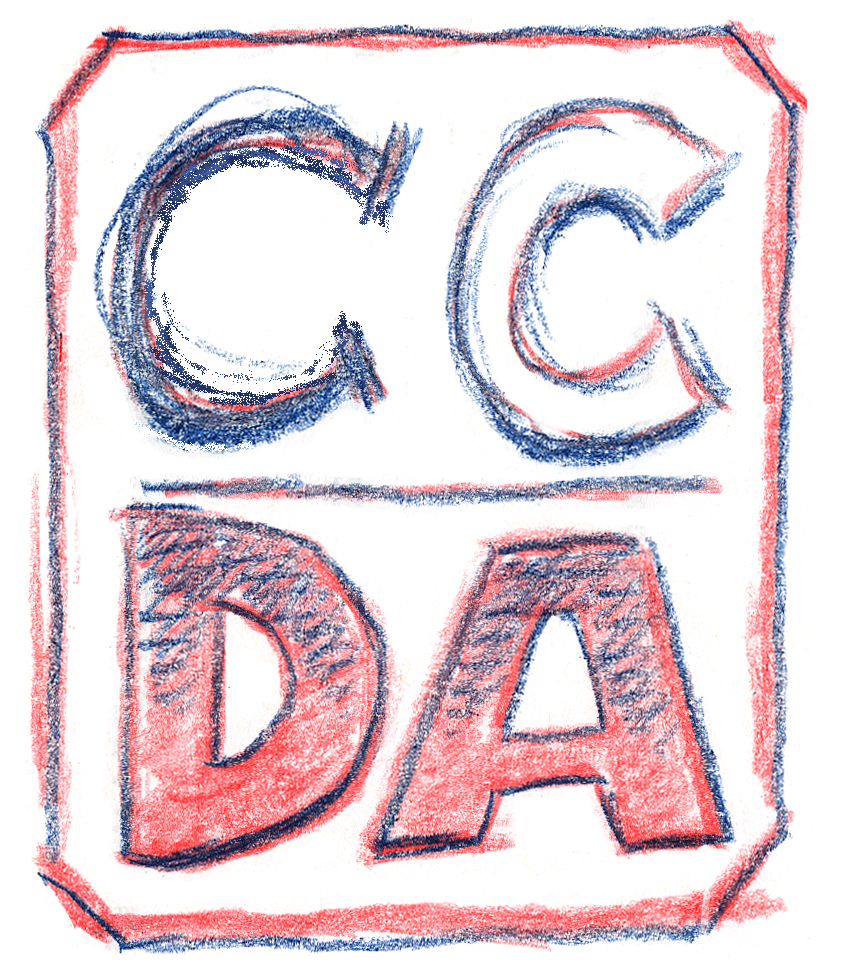Welcome to the Community Control Digital Archive!
ABOUT
 The Community Control Digital Archive (CCDA) is a publicly accessible, participatory archive that provides students, teachers, researchers and community members open access to a range of digital materials, including text documents, photographs, and oral history interviews with full transcriptions. These digital materials help reveal two interlinked stories of epochal struggles around public education that took place in New York City in the late 1960s:
The Community Control Digital Archive (CCDA) is a publicly accessible, participatory archive that provides students, teachers, researchers and community members open access to a range of digital materials, including text documents, photographs, and oral history interviews with full transcriptions. These digital materials help reveal two interlinked stories of epochal struggles around public education that took place in New York City in the late 1960s:
- the effort by communities of color across the city between 1966 and 1969 to demand and win community control of their neighborhood K-12 public schools;
- the related struggle in 1969-70 by City University of New York (CUNY) students and their supporters to demand tuition-free access and open admissions for all city high school graduates to all senior and community colleges in the system.
- the files of the late Wayne Barrett, a well known investigative reporter for many years at the Village Voice; Barrett served in the late 1960s as a teacher in one of the public schools operated under community control in the Ocean Hill-Brownsville Demonstration District in Central Brooklyn;
- the files of the late Donald Watkins, who served as a dean at Brooklyn College in the 1970s and who was actively involved in documenting the effort of the Bedford-Stuyvesant community to demand and win a new four-year CUNY college (what would become Medgar Evers College) in their neighborhood in the late 1960s.
There was a camaraderie that I had never seen in a public school. We were on the same page. We were really trying to do something, and there was a group of people who were trying to keep us from doing it. We were really dedicated and determined that this would succeed. By November, they [the UFT] were winning. . . .It was such a letdown. It's so hard to accept it, to go from that exhilarated enthusiasm [to], oh God, this is over."
Well, we have to take a look at what system existed at that time and how does the community, or did the community have any say in what was happening with their children once they went into the schoolroom? And so this takes us back to the African American Teaching Association. . . .The reason why we came into being is that there were very few black teachers in the system. The curriculum did not reflect any of the contributions of African people anywhere in the world. Parents were not really welcome in the building, or at least they didn't think that they were because they just dropped their kids off at the building and didn't realize that the school belonged to them, in effect, and the curriculum did not reflect, the textbooks, you would not know that there were black people in the public school system because there was nothing to reflect it."
The teachers that wanted to come and teach in our schools had to be interviewed. And the parents, the parent representatives and the community representatives of the local school board, which was us, had to interview them. We asked them many questions: How did they feel about coming into a Black and Hispanic neighborhood? How did they feel about teaching in classrooms that were predominantly Black and Hispanic? Had they ever taught in such an environment before? Were they afraid to come into the neighborhood? If they had a chance would they care to live in the neighborhood? We really asked them some maybe sounds like outrageous questions, but this is the way we got a concept of how these people would feel teaching in our schools. We also asked them, if they felt the child was having a problem being taught one way, were they willing to teach the child another way? Did they feel that our children could be taught? We also wanted to know where they had taught before, why did they leave, what new ways of teaching could they think of to bring into the schools, and our particular school district?"
CONTACT
CCDA, c/o Prof. Stephen Brier
CUNY Graduate Center, 365 Fifth Avenue, New York, NY 10016
Phone: 212-817-7291
Email: [email protected]
cuny.is/CCDA
CUNY Graduate Center, 365 Fifth Avenue, New York, NY 10016
Phone: 212-817-7291
Email: [email protected]
cuny.is/CCDA





